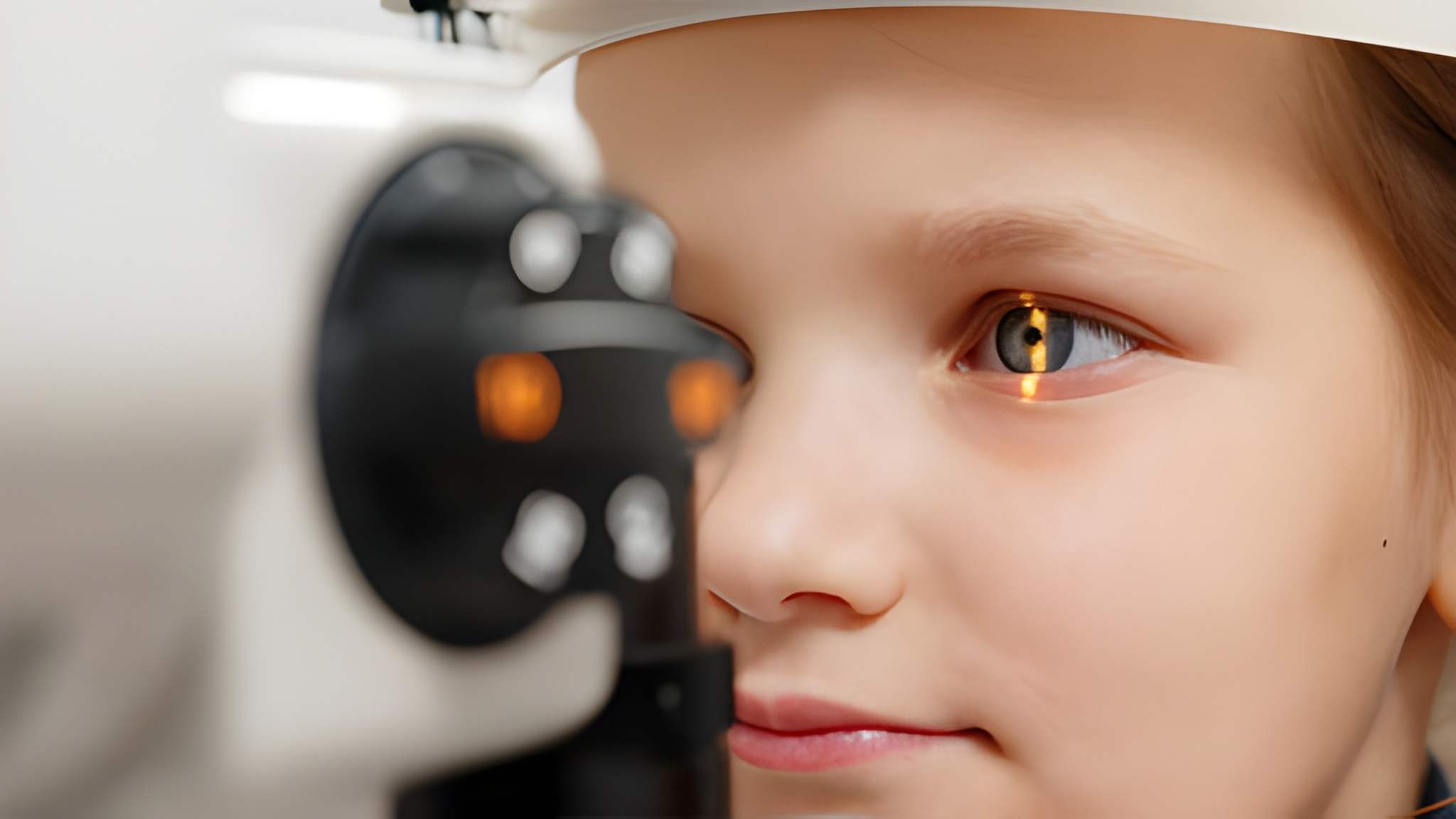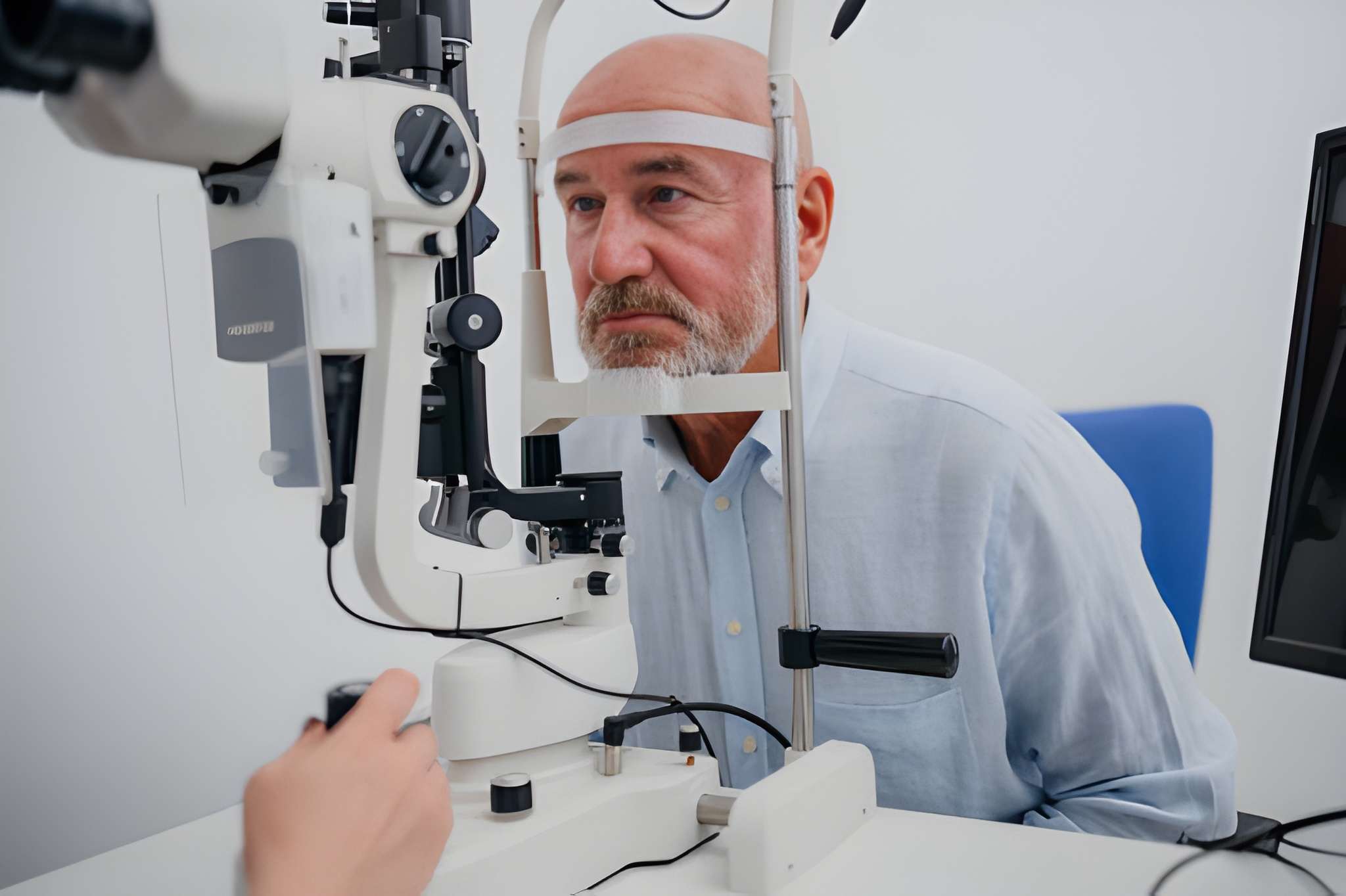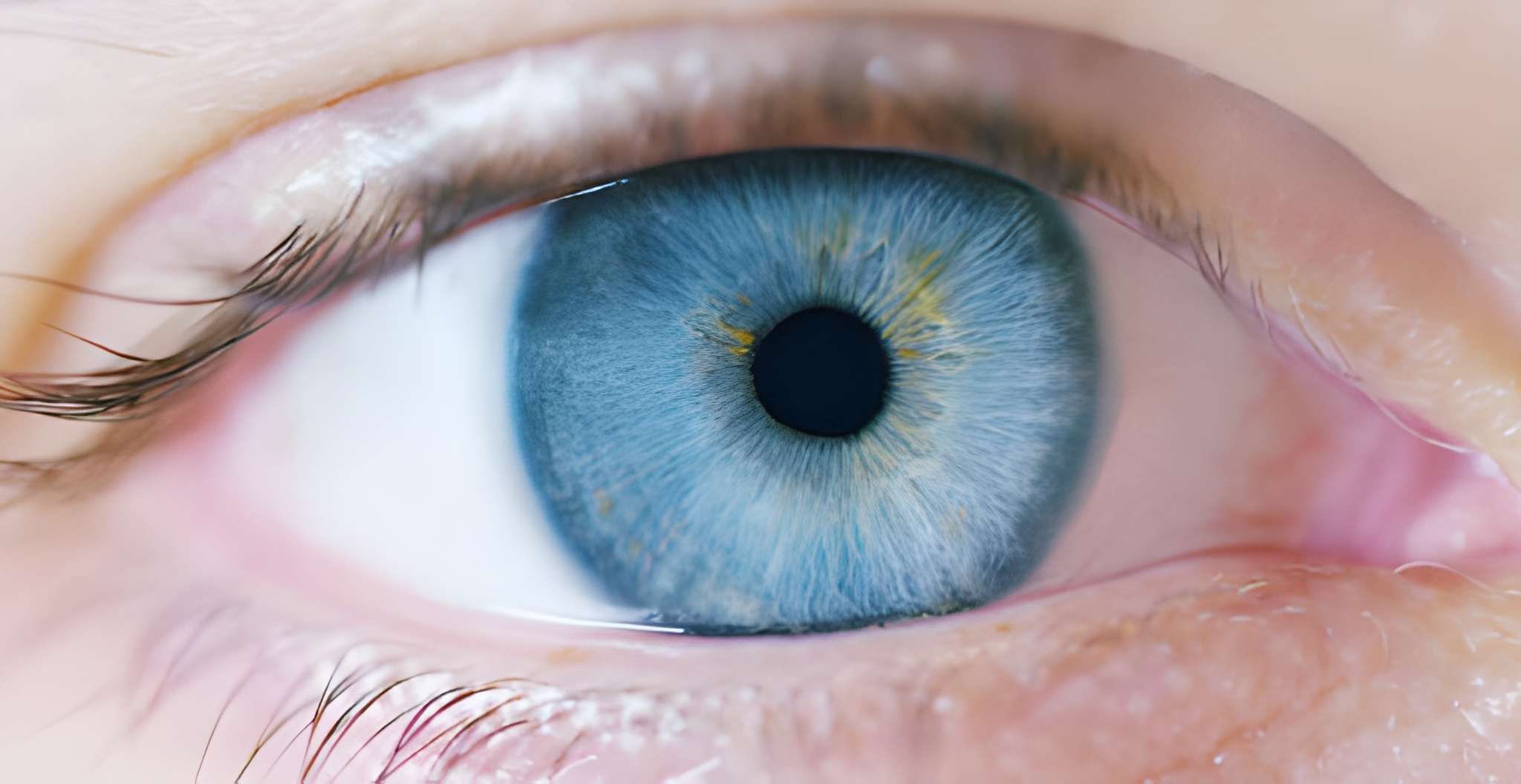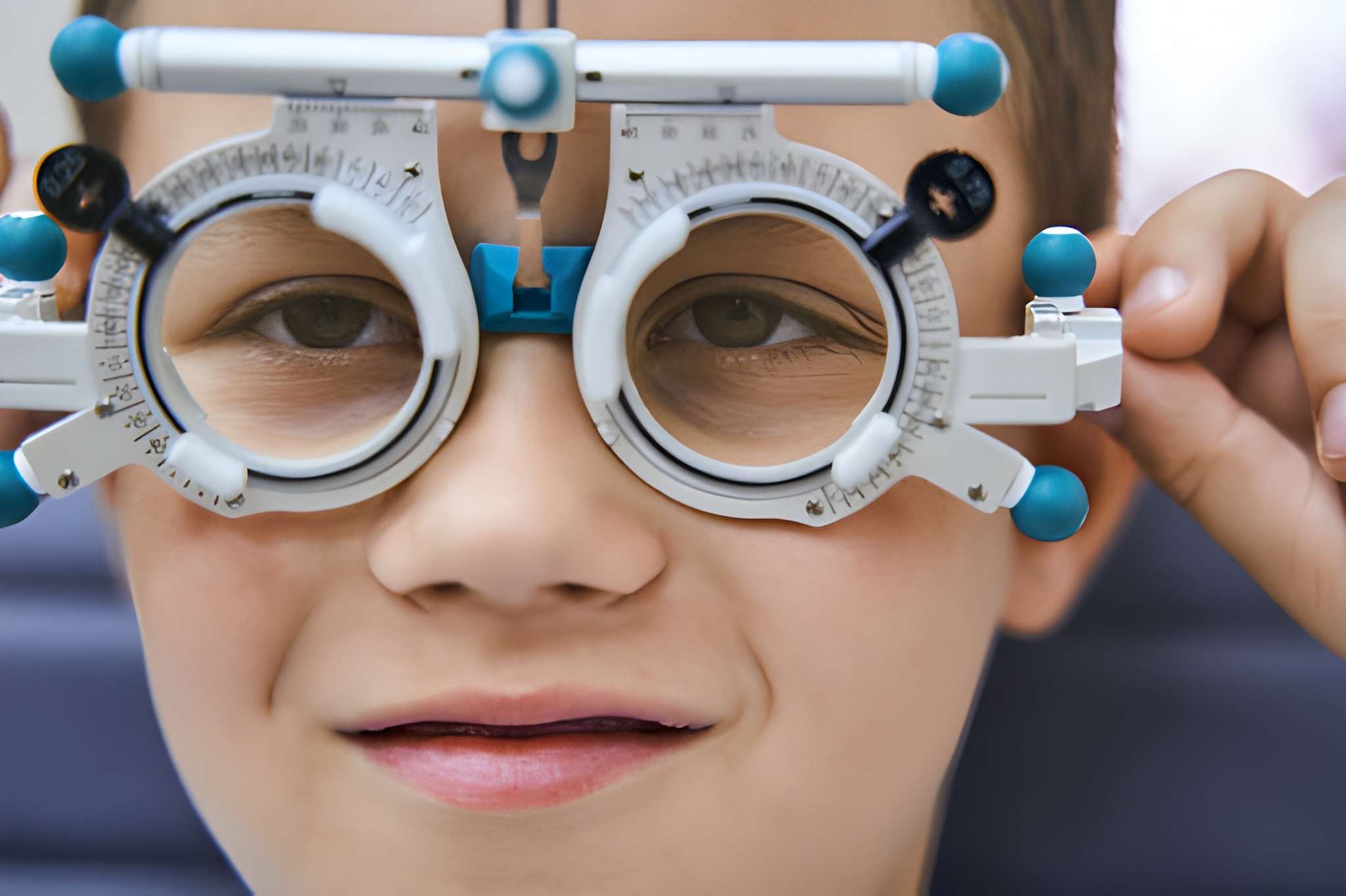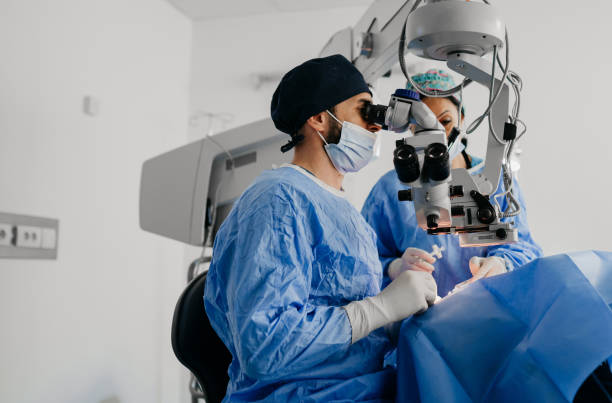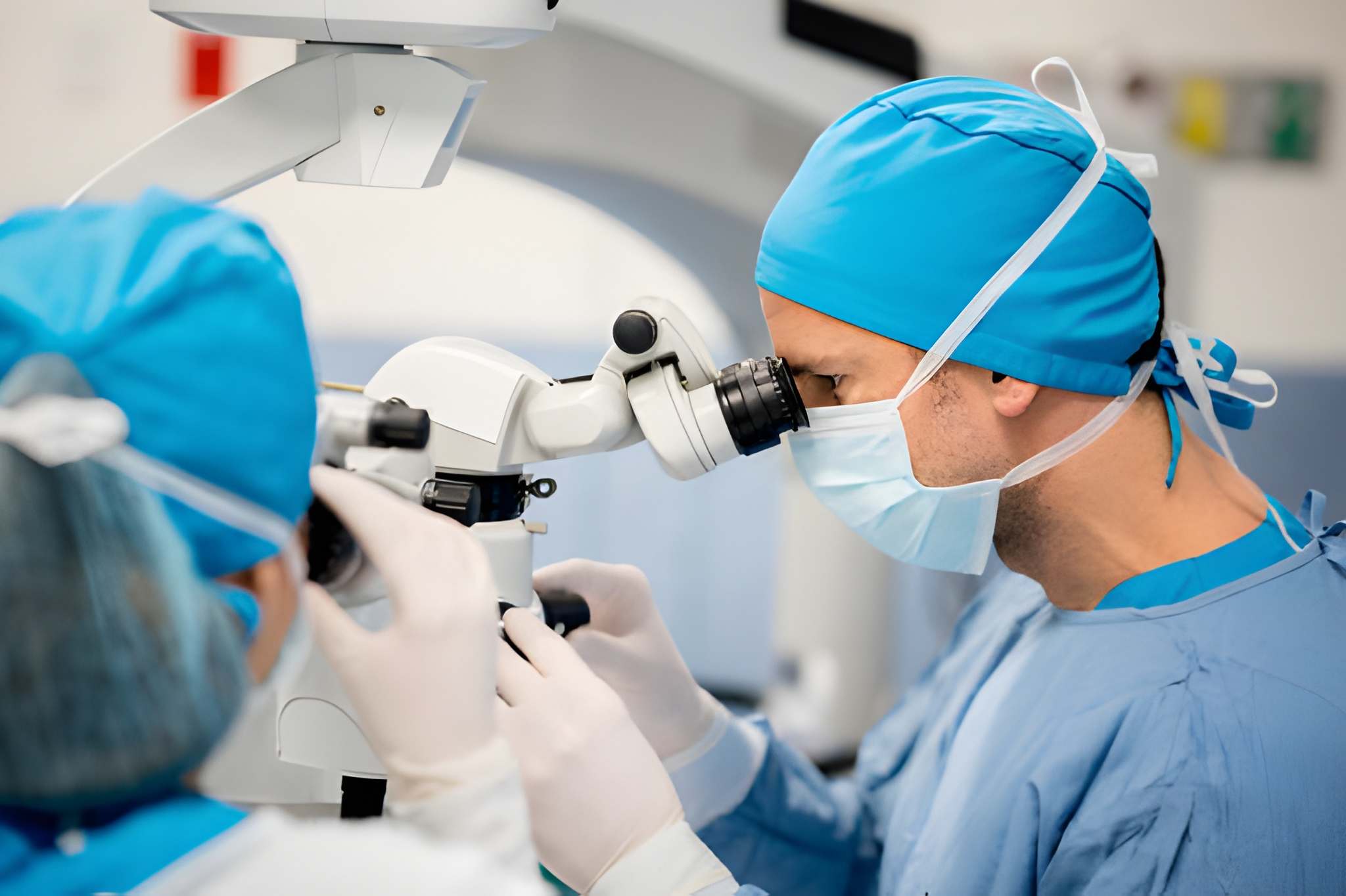While cataract surgery has a high success rate, it’s not always 100% successful. Complications such as infection, inflammation, or posterior capsule opacification can occur. Additionally, pre-existing eye conditions may affect outcomes. However, the majority of patients experience significant improvement in vision and quality of life after cataract surgery. It’s essential to understand that no surgical procedure is without risks or guarantees of perfection. In this article, we will explore the success rates of cataract surgery, common complications and challenges, patient experiences, and the overall effectiveness of the procedure.
How Cataract Surgery Works?
Cataract surgery is a surgical procedure performed to remove the cloudy lens affected by cataracts and replace it with a clear artificial lens implant known as an intraocular lens (IOL). The surgery is typically performed on an outpatient basis under local or topical anesthesia and involves making a small incision in the eye to access and remove the cloudy lens using ultrasound technology (phacoemulsification). Once the cataract is removed, the surgeon inserts a new artificial lens to restore clear vision.
Cataract surgery is considered one of the safest and most commonly performed surgical procedures worldwide, with millions of successful surgeries conducted each year. However, like any surgical procedure, cataract surgery carries some risks, and the outcomes can vary from patient to patient.
Success Rates of Cataract Surgery
The success rates of cataract surgery are generally high, with the vast majority of patients experiencing significant improvements in visual acuity and quality of life following the procedure. Studies have shown that over 95% of cataract surgeries result in improved vision and overall satisfaction among patients.
Factors that contribute to the success of cataract surgery include advancements in surgical techniques, intraocular lens technology, and preoperative evaluation. Additionally, the skill and experience of the surgeon play a crucial role in achieving optimal outcomes.
Book an Appointment With Cataract Surgeon in Dubai
However, it’s important to note that while most patients experience improved vision after cataract surgery, not every outcome is perfect. Some patients may still require corrective eyewear for certain tasks, such as reading or driving, even after successful surgery. Additionally, rare complications or unexpected outcomes can occur, highlighting the importance of thorough preoperative evaluation and patient counseling.
Common Complications and Challenges
While cataract surgery is generally safe, there are potential complications and challenges associated with the procedure. These can include:
Intraoperative Complications: Such as posterior capsule rupture, iris damage, or corneal edema, which may require additional surgical intervention or management.
Postoperative Complications: Including infection, inflammation, increased intraocular pressure (glaucoma), or posterior capsule opacification (clouding of the lens capsule), which may affect visual outcomes and require further treatment.
Refractive Errors: Some patients may experience residual refractive errors, such as astigmatism or residual nearsightedness or farsightedness, which may necessitate the use of glasses or contact lenses following surgery.
While these complications are relatively rare, they can impact the overall success and satisfaction of cataract surgery. However, many complications can be managed effectively with prompt diagnosis and appropriate treatment.
Patient Experiences and Testimonials
Despite the potential for complications, the majority of patients who undergo cataract surgery report significant improvements in vision and quality of life. Many patients describe their experiences with cataract surgery as life-changing, allowing them to enjoy activities they once struggled with due to poor vision.
For example, Salma, a 70-year-old patient who underwent cataract surgery in both eyes, describes her experience as overwhelmingly positive. “Before surgery, I struggled with blurry vision and difficulty reading. After cataract surgery, my vision is clearer than ever, and I no longer need glasses for most activities. I’m grateful for the opportunity to see the world more clearly,” she shares.
Similarly, Salman, a 65-year-old patient who underwent cataract surgery in one eye, expresses his satisfaction with the results. “I was hesitant about surgery at first, but my vision had deteriorated to the point where I couldn’t drive or work comfortably. After cataract surgery, my vision is better than it has been in years, and I’m back to living life to the fullest,” he says.
Read More: Can Retina Problems be Cured?
These testimonials highlight the transformative impact of cataract surgery on patients’ lives and underscore its effectiveness in improving vision and restoring independence.
Benefits Beyond Vision Improvement
In addition to improving visual acuity, cataract surgery offers several benefits that extend beyond vision improvement:
Enhanced Quality of Life: Many patients experience improvements in overall quality of life following cataract surgery, including increased independence, confidence, and enjoyment of daily activities.
Reduced Risk of Falls and Injuries: Improved vision resulting from cataract surgery can reduce the risk of falls and injuries, particularly among older adults, by enhancing depth perception and spatial awareness.
Improved Mental Health: Clearer vision can have positive effects on mental health and well-being, reducing feelings of frustration, anxiety, and depression associated with poor vision.
These benefits contribute to the overall success and effectiveness of cataract surgery in improving patients’ lives.
Final Thoughts
While cataract surgery boasts high success rates and transformative benefits for most patients, it is essential to acknowledge that no surgical procedure is entirely without risks or complications. Despite this, the overwhelming majority of individuals experience significant improvements in vision, quality of life, and overall well-being following cataract surgery. Thorough preoperative evaluation, skilled surgical techniques, and attentive postoperative care play pivotal roles in optimizing outcomes and minimizing risks. Patient testimonials underscore the profound impact of cataract surgery in restoring independence, confidence, and enjoyment of daily activities.
Consult With Dr Qasim
If you’re considering cataract surgery to improve your vision and quality of life, consult with a best ophthalmologist in Dubai to discuss your options, expectations, and potential risks. With proper guidance and care, you can achieve clearer vision and enjoy the benefits of improved visual acuity and overall well-being.




